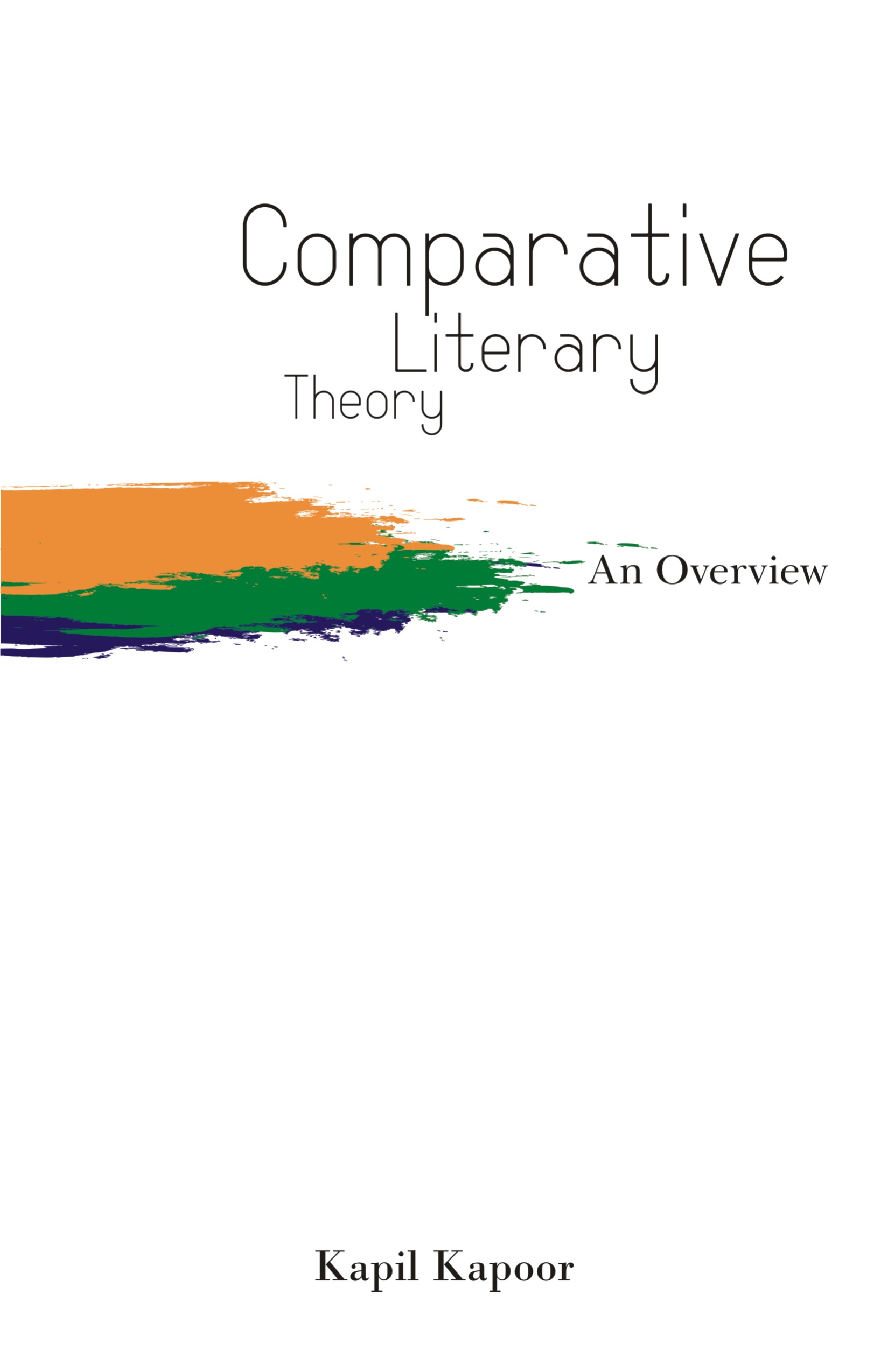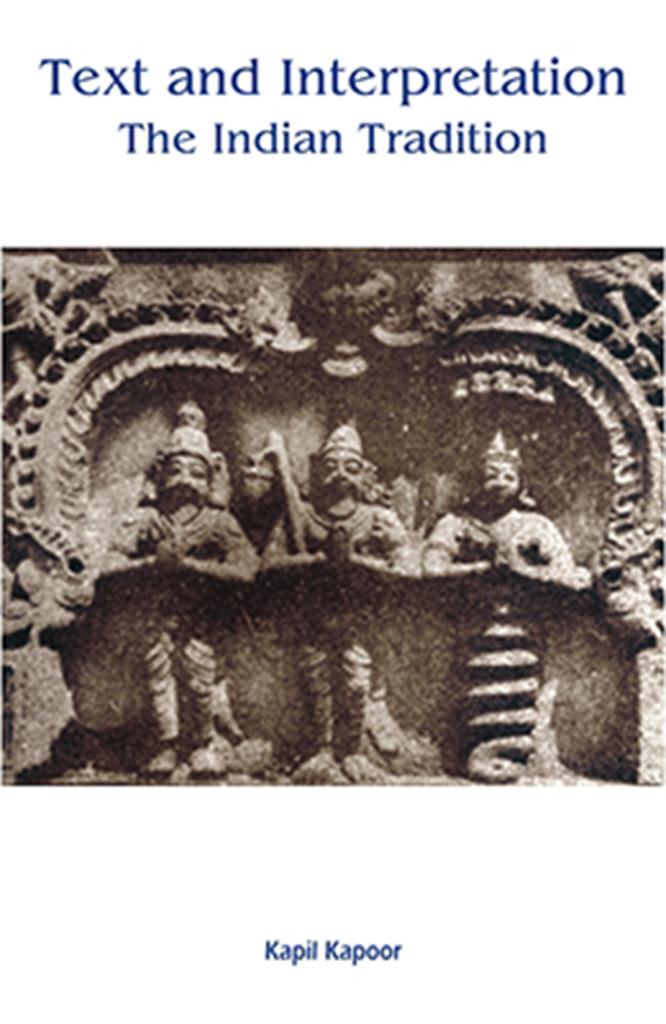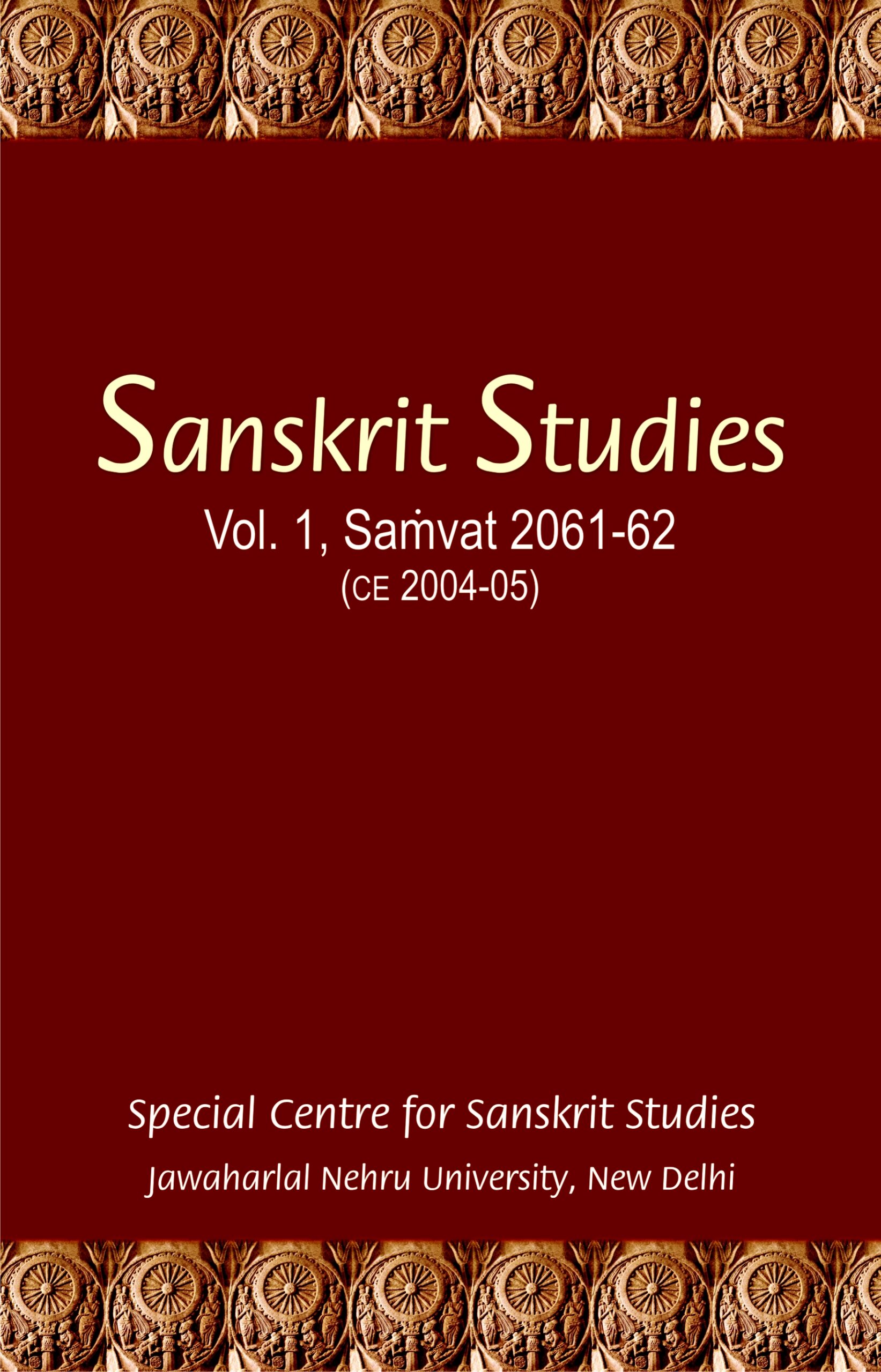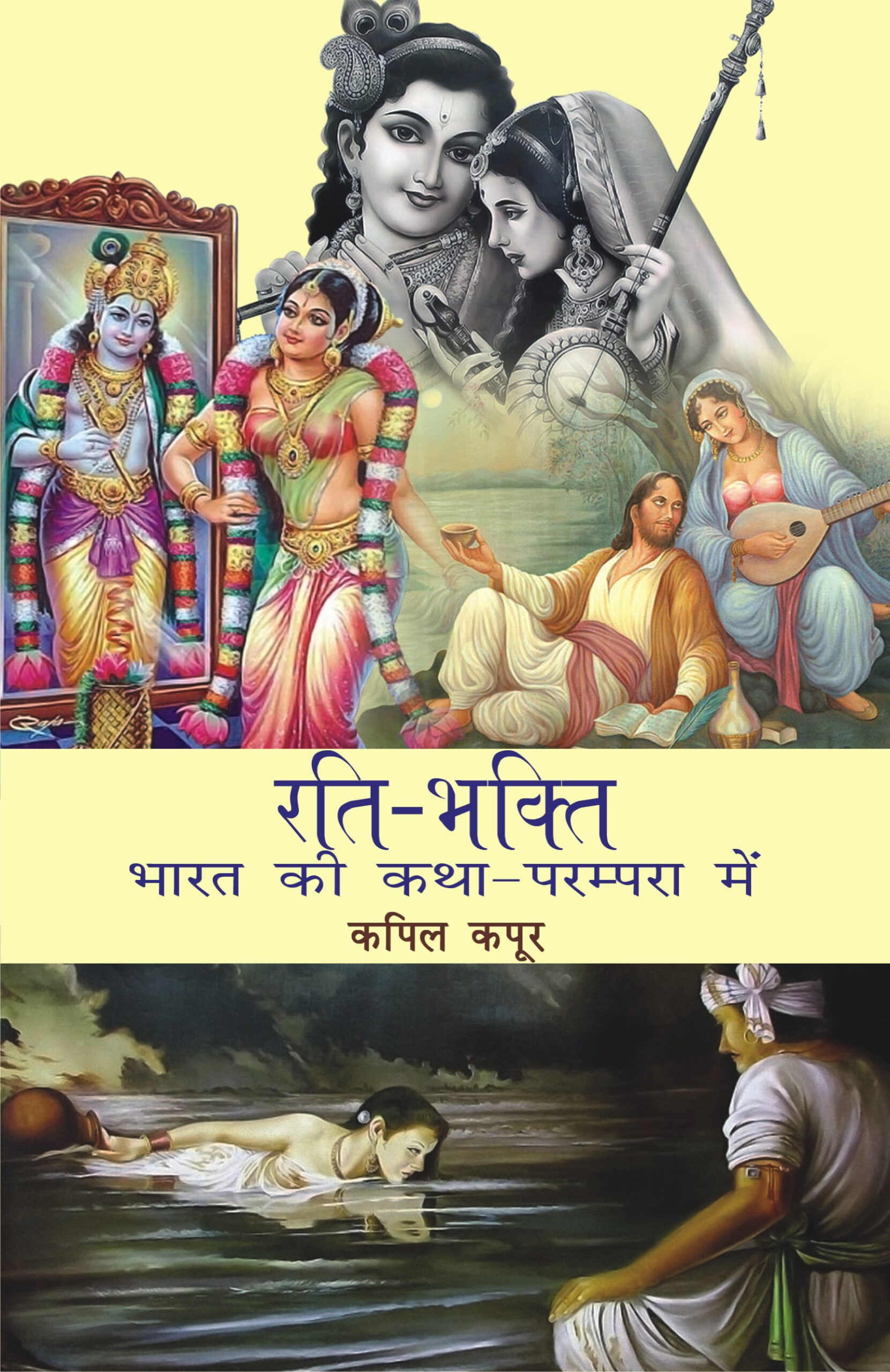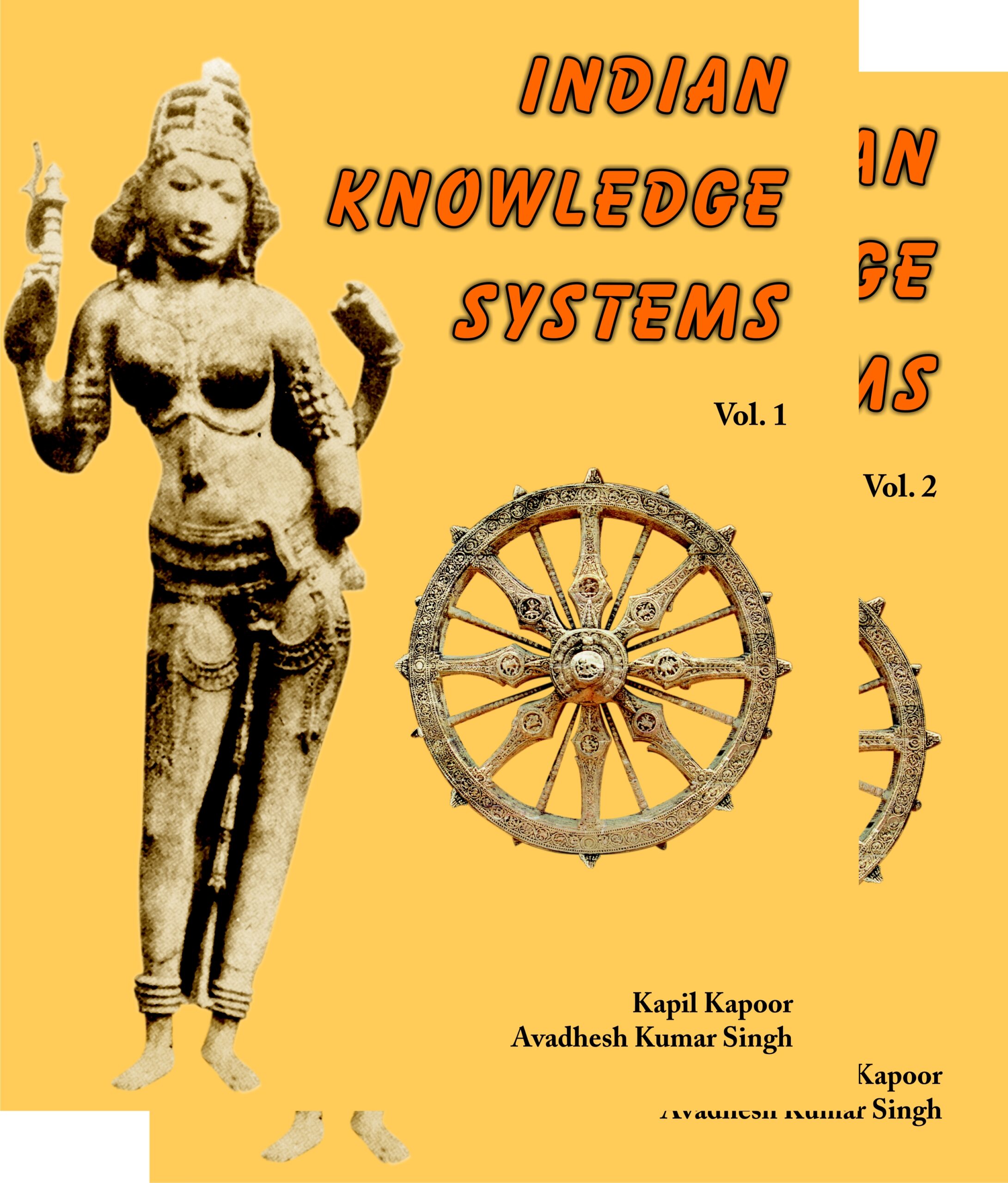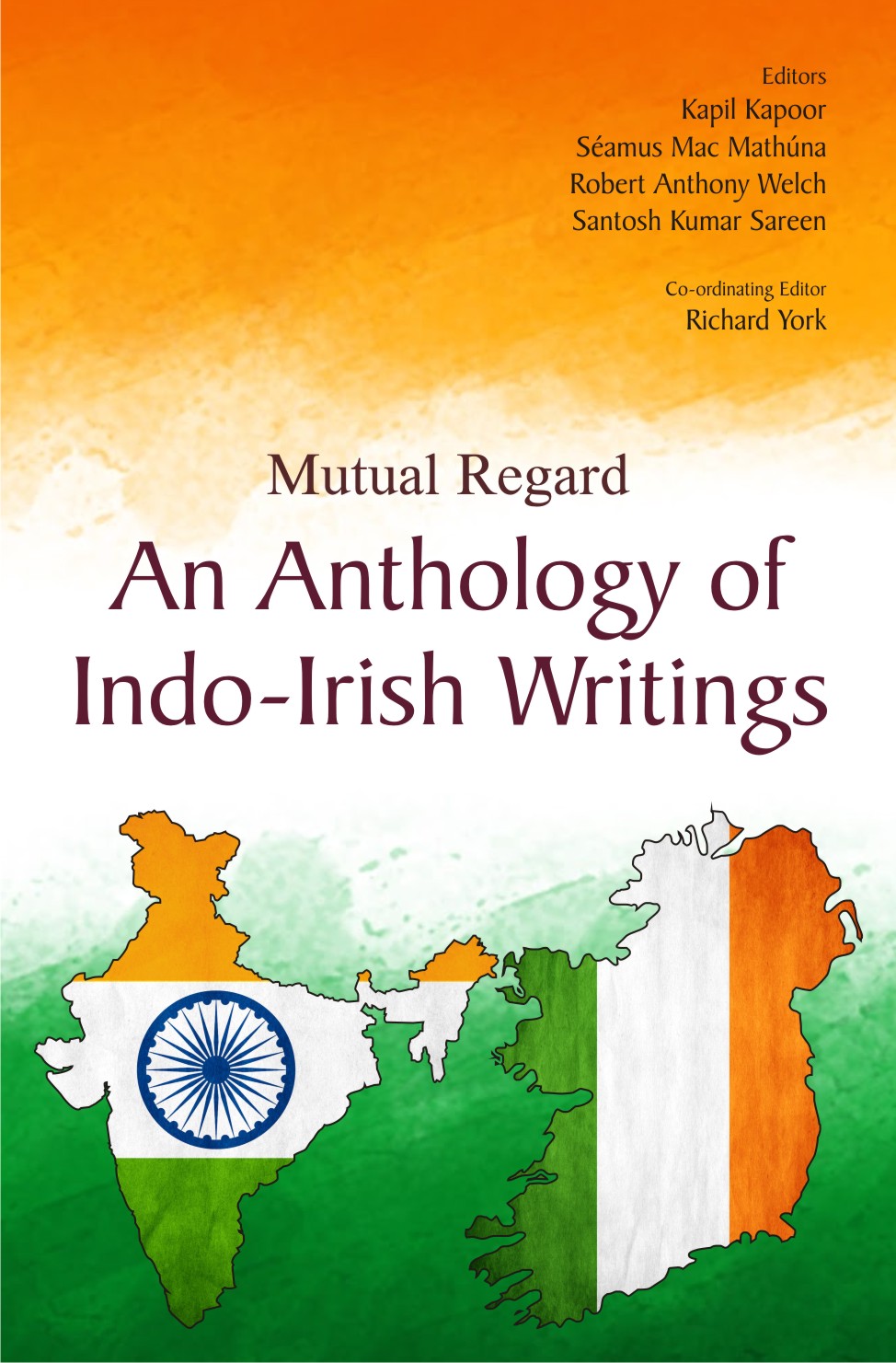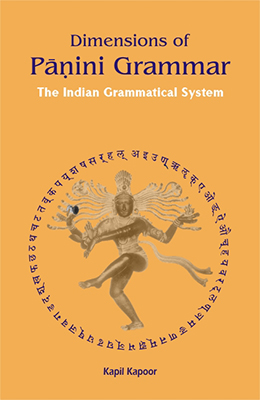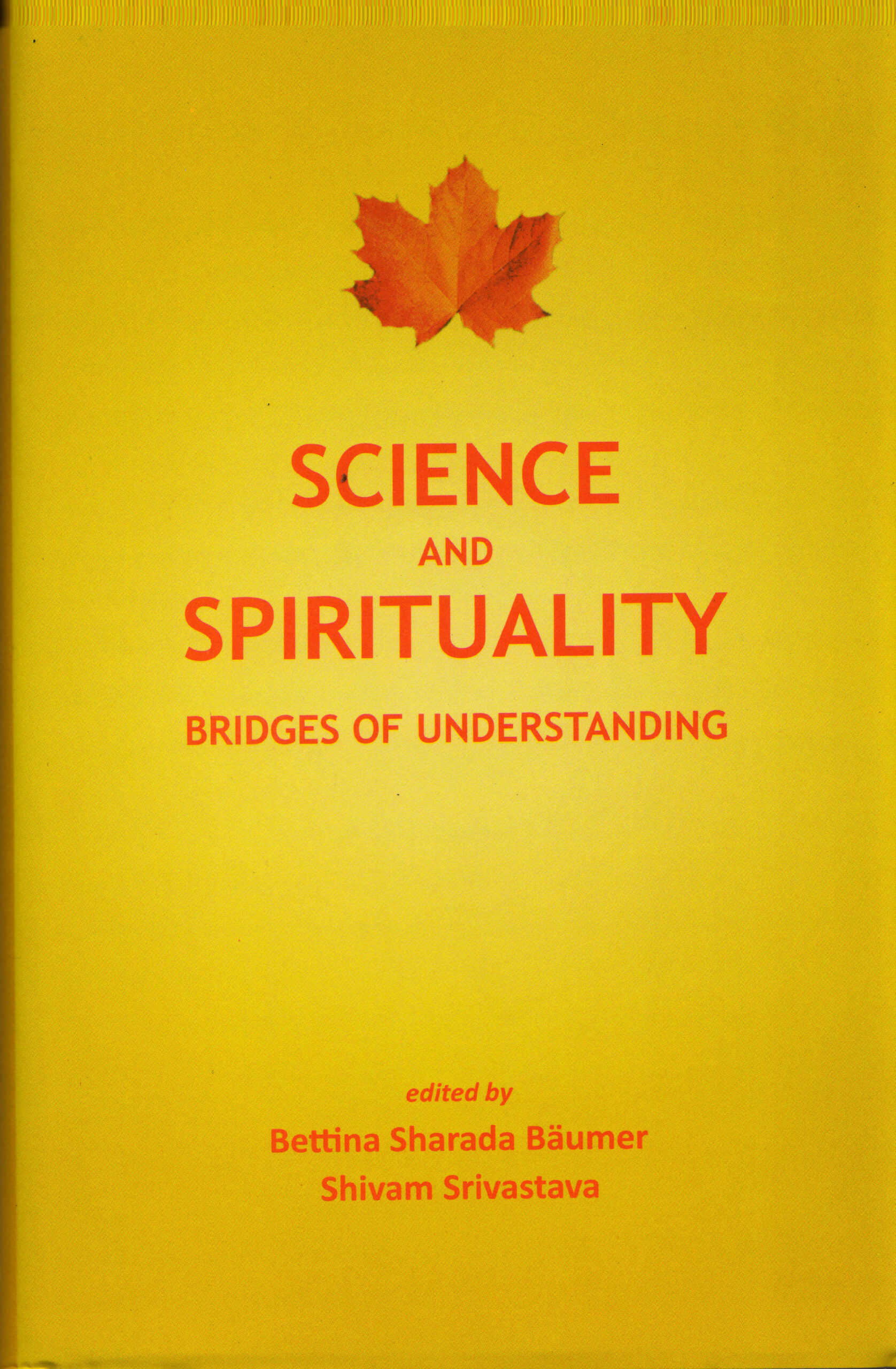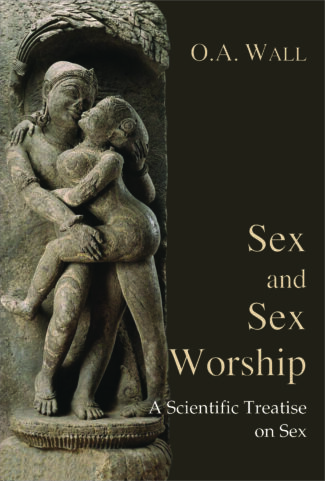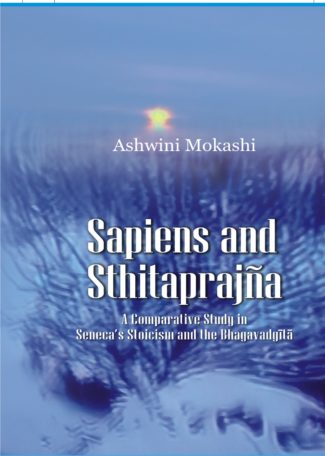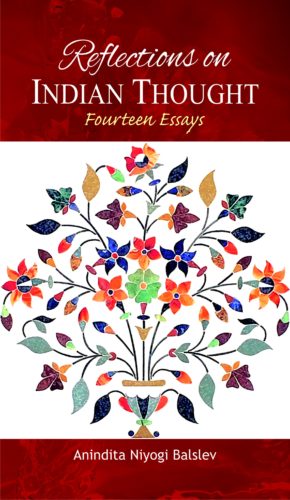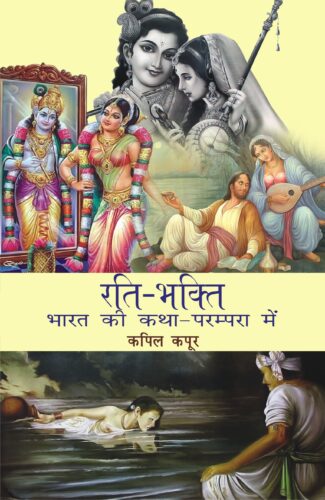

Rati-Bhakti Bhartiya...
Rati-Bhakti Bhartiya Katha Parampara Mein
by: Kapil KapoorThe concept of love-devotion is visible since ancient times in Indian history. In the poems and narrations of love-devotion human love has been depicted in the form of divine love. The love is permanent sentiment of Shringara rasa. Shringara rasa is of utmost importance in the tradition of textual contemplation.
Original price was: ₹600.00.₹540.00Current price is: ₹540.00.
ISBN: 9788124605943
Year Of Publication: 2011
Edition: 1st
Pages : viii, 270p.
Bibliographic Details : Appendices; Bibliography; Index
Language : Hindi
Binding : Hardcover
Publisher: D.K. Printworld Pvt. Ltd.
Size: 23
Weight: 550
There is intense interrelationship of love and devotion in narrative tradition of India. The concept of Rati-bhakti (love-devotion) is visible in Indian history since ancient times. Love and devotion are two facets of the one and the same fact. In the poetry and prose of Rati-bhakti, the human love is regarded as divine. Here, God and devotee are seen as lovers and, on the other hand, lovers are considered as the form of God himself.
The knowledge of Shastras, not being accessible to all, is propagated through narration. There are unlimited treasures of narratives in all languages and scholarly traditions of India as well as various themes related to manhood-quartet of narration-treasure. In this book, the main focus is on Rati-bhakti (devotion to love). In the cogitation of poetry-text, shringara rasa is foremost and the fundamental one for thinkers like Bhojaraj. The permanent rasa of shringara is love and how this is accomplished in shringara and devotion, is beautifully depicted in this book.
In the folk tales of Punjab, the narrators/poets of Rati-shastra/narrations see love-adorable in divine form and in devotional narrations and poetry, the poets and narrators see their God as their lover or beloved. This love-devotion tradition originated in India in the seventh century ce through the Tamil Alvars in their prabandhas. This tradition remained alive till nineteenth century in the folk tales of Punjab. Since then, owing to Western influence, the love is seen as lust in place of devotion.
In this book the contemplation has been done on tradition, intellectual tradition, the knowledge of narration and means of narratives, the relationship between knowledge and narratives.
This book sould prove to be thought-provoking and interesting for students and scholars of philosophy, language and literature as well as for the common readers.





